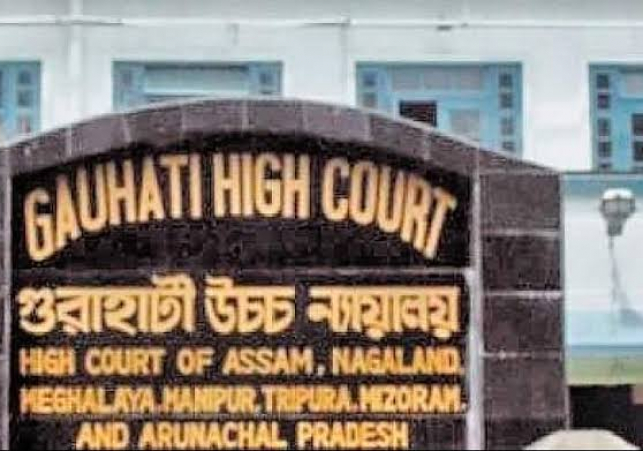

The Gauhati High Court on Friday ruled that the claim that state-funded madrassas are minority institutions that were founded and administered by minorities is unfounded and thus unacceptably.
A division bench comprising Chief Justice Sudhanshu Dhulia and Justice Soumitra Saikia dismissed a writ petition filed by 13 petitioners, saying, “Consequently, the claim of the petitioners that these Madrasas are minority institutions and were established and administered by the minority is a claim which has no foundation and is thus not acceptable.”
All government-run Madrassas in Assam were turned into upper primary, high school, and higher secondary schools by a law passed by the state government.
“Under a Constitution where all people are equal before the law,” the court stated. In a multi-religious society like ours, giving the state precedence to any one religion violates the principles of Articles 14 and 15 of the Indian Constitution. As a result, the State’s secular nature dictates that “no religious teaching shall be provided in any educational institution completely supported by public monies [Article 28(1)].”
“Petitioners would claim that when these institutions were first formed as venture Madrasas in Assam, they were created by a minority community,” the court continued. This is without a doubt the case. However, the petitioners argue that bringing these religious institutions under the “Deficit Financing Scheme” and subsequently provincializing them in 1995-96 will not change their fundamental identity, and that they will continue to be a minority institute, founded and controlled by minorities. Because they are a minority institute, they have the freedom to administer the educational institution as they see fit, including what kind of curriculum and subjects they wish to teach to the students that attend these institutions. The state’s argument, on the other hand, is more complicated.
“The petitioners are members of a minority community, the Muslim minority community, and have thereby asserted their right as a religious minority community to construct and govern educational institutions of their choice,” the court stated. The state, on the other hand, denies that educational institutions were founded or are governed by a minority group, whether linguistic or religious. The educational institutions in question are admittedly provincialised schools; but, because the whole teaching and nonteaching staff of these educational institutions are Government workers, the school cannot be claimed to have been founded or governed by a minority.”
In S.R. Bommai vs. Union of India (AIR 1994 SC 1981), the Supreme Court stated that secularism is a fundamental feature of the Constitution. All religions must be treated equally by the state. There is no religion in the state. In fact, despite the fact that secularism is not defined in the Indian Constitution, it has been defined in a number of Supreme Court decisions. Secularism is best understood through the words of Mahatma Gandhi, for whom secularism meant equal respect for all religions, not equal disrespect. To expand on this point, while India is a secular country, it is not anti-religious; rather, it supports religious freedom.
We have the right to freedom of conscience and religion as a fundamental right. However, the Right to Freedom of Religion and Cultural and Educational Rights, like any other fundamental right, are not absolute. The Constitution places restrictions on them. As a result, while a religious minority has the freedom to construct and administer an educational institution of their choice, religious instruction cannot be delivered in such an institution if it is funded entirely by state funds.”
In Assam, there are approximately 1200 madrassas in operation. The state government spends Rs 500 crore every year to manage this Madrassa. The state assembly repealed the Assam Madrassa Education (Provincialisation) Act 1995 in 2020 and passed the Assam Madrassa Education(Provincialisation of services of workers and re-organisation of MadrassaEducational Institutions) Act 2018.
Also read : Future-Amazon: The SC has overturned a Delhi HC ruling on an emergency award.